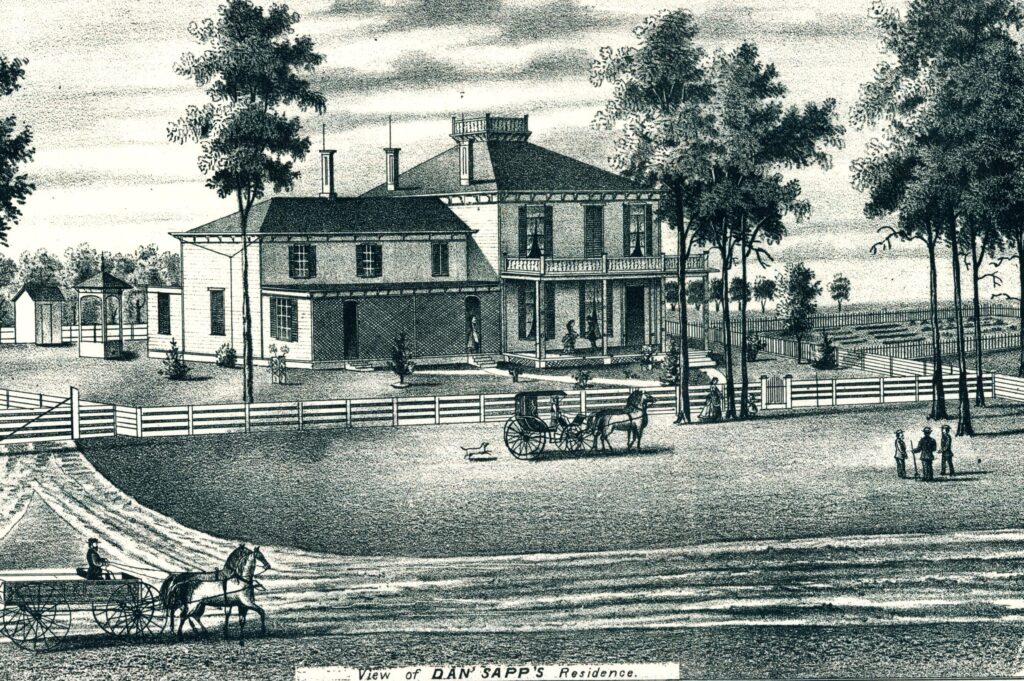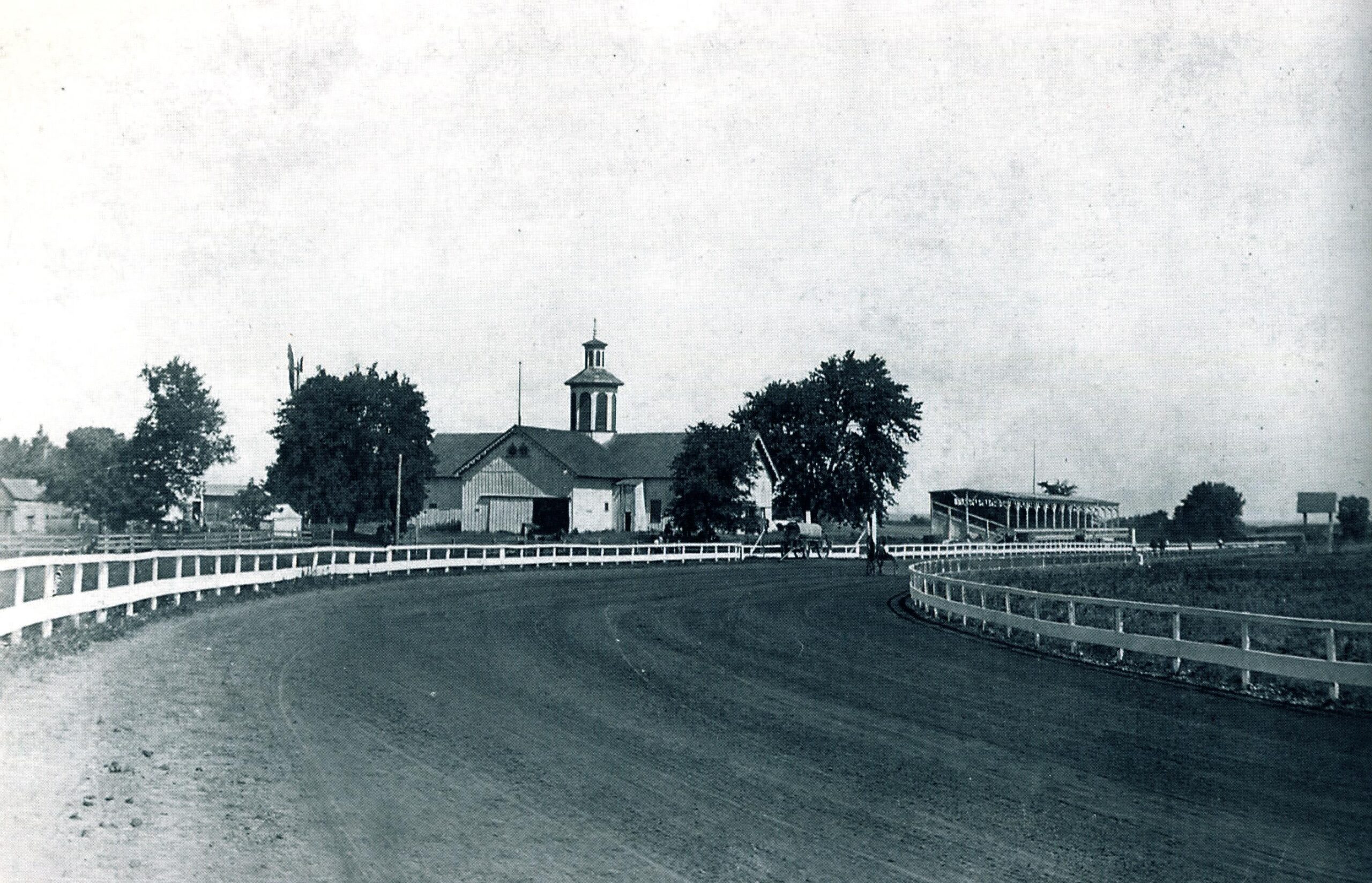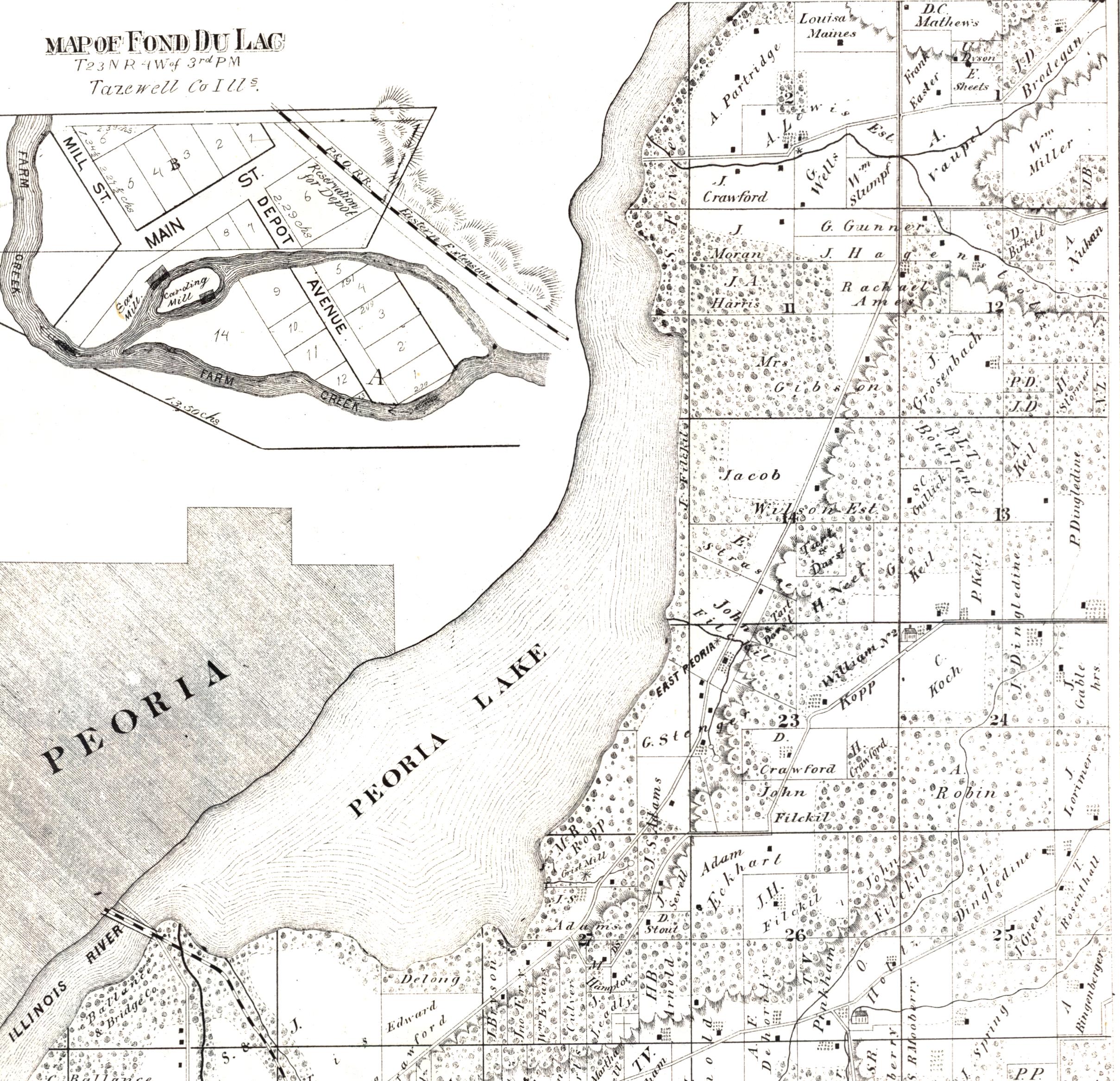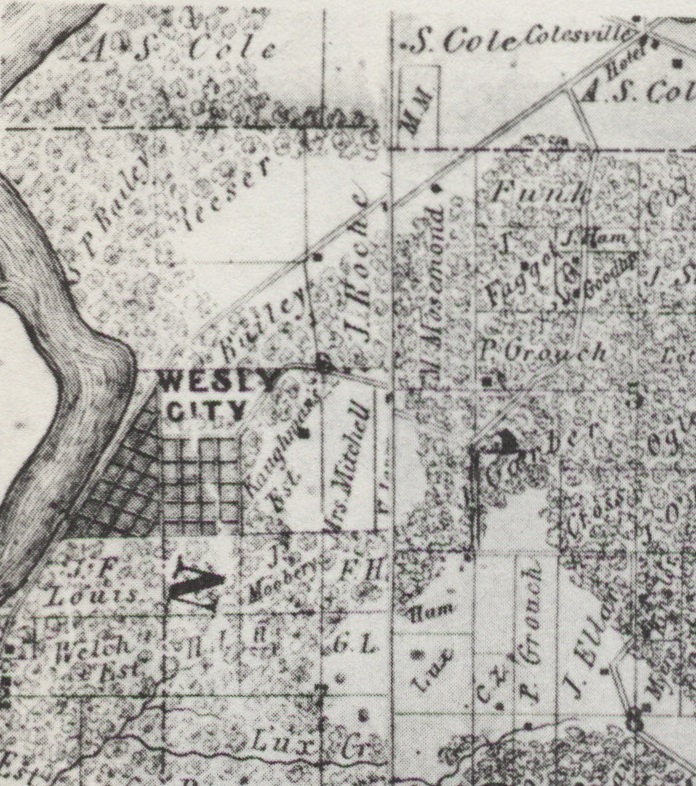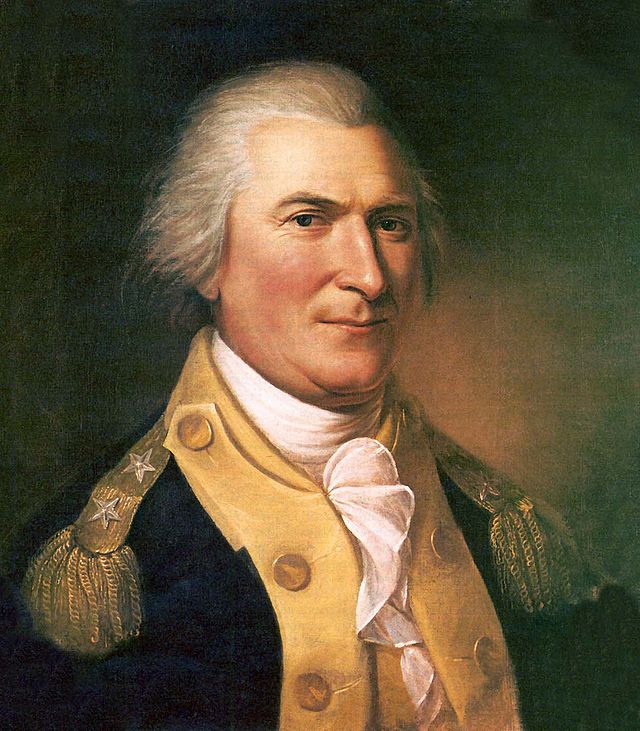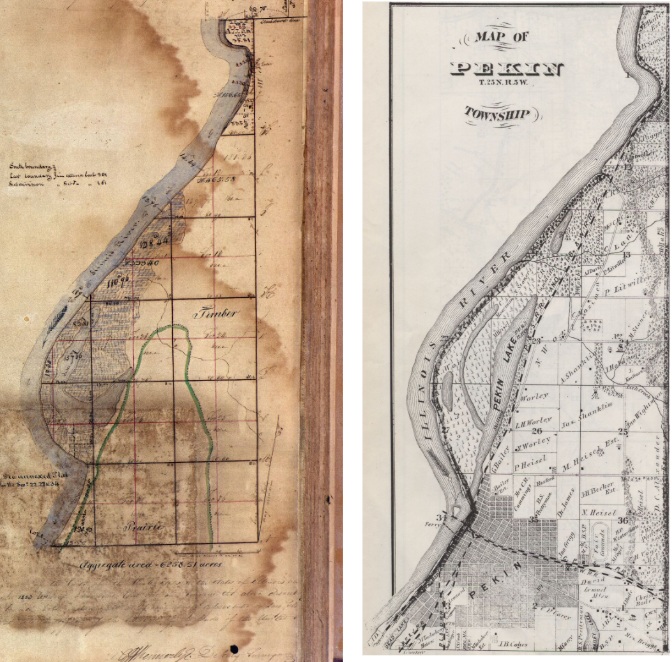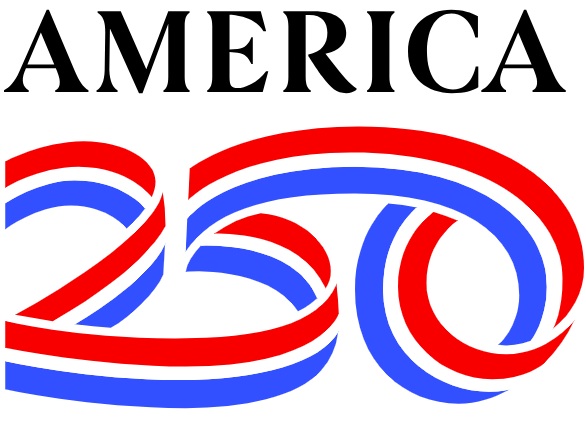Though we’re now caught in winter’s icy grip, this week we’ll take a brief look at a tradition of summer and autumn – the county fair.
Tazewell County’s communities host several popular local fairs and festivals, though the major fair in this part of Central Illinois is probably the Heart of Illinois Fair that takes places in July across the river in Peoria. In Pekin, Mineral Springs Park hosts the annual 4-H Fair in late July, but apart from the facilities and area used by that fair, Pekin does not otherwise have any fairgrounds.
If we look back about a century or more, however, we find that Pekin used to have its own fairgrounds, located not far from Mineral Springs Park.
According to “Pekin: A Pictorial History” (1998, 2002), page 84, the fairgrounds were built and laid out prior to 1872 by the Pekin Agricultural & Mechanical Association. The grounds occupied 80 acres along the north side of Broadway near 18th Street, and “Pekin History – Then and Now” also notes that the fairgrounds extended from Broadway to Willow. The most prominent feature of the fairgrounds was a one-mile racetrack and grandstand.
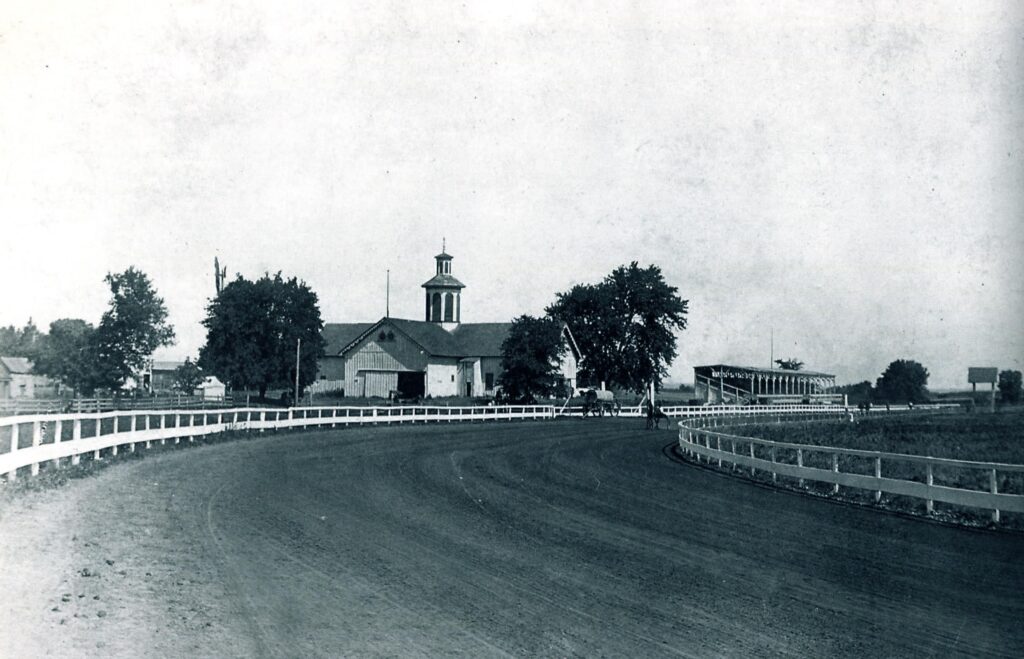
The 1949 Pekin Centenary, page 41, also recalls that in the 1890s “the Santa Fe railroad ran shuttle trains all afternoon to Pekin’s race track, the finest one-mile track in Illinois, where the greatest harness-racing horses of the era competed.” (Pekin Centenary p. 41)
The 1974 Pekin Sesquicentennial, page 152, provides these added details:
“Racing fans enjoyed going to the Tazewell County Fair Grounds at 15th and Court Streets where races were held every year from July to September for approximately 25 years, until the track was moved to Delavan. Bookmakers waited in front of the grandstand for bets, and there was a 20’ x 40’ gambling tent. People came and stayed all day to see the world’s fastest horses race on ‘Uncle Dan Sapp’s Race Track,’ considered the fastest mile track in Illinois.”
“Pekin: A Pictorial History” tells us who “Uncle Dan Sapp” was:
“For three decades, county fairs and other events were held at this location. Dan Sapp, two-time mayor and noted horseman, was one of the organizers. Sapp, along with Carl G. Herget, organized the Pekin Trotting Association which sponsored national recognized harness racing each September until about 1910.”
Daniel Sapp was Pekin’s mayor from 1897 to 1898 and again from 1905 to 1907. Sapp Street in southwest Pekin is named for him. As for Carl Herget, we have mentioned here previously, he built the Herget mansion on Washington Street near Washington School and St. Paul’s Episcopal Church.
As for Uncle Dan Sapp’s Race Track, however, not a trace of it remains.
Though he was probably best known for his race track, Sapp also enjoyed success in agriculture and as a breeder of horses. He also held several public offices in Tazewell County. His biography was included in the 1894 “Portrait and Biographical Record of Tazewell and Mason Counties, Illinois,” pages 335-36, which enumerated his record of public service up to that point as follows:
“A Democrat in politics, Mr. Sapp served for twelve years as Supervisor of Spring Lake Township, and was the Chairman of the County Board for some time. In 1886 he was nominated for County Treasurer, and was elected by a majority of two hundred, he and one other candidate being the only Democrats who secured election that fall. Entering upon the duties of the office in December, 1886, he served with efficiency until December, 1890.”
As noted above, three years after the publication of his biography, Sapp went on to run successfully for mayor of Pekin, serving two non-consecutive terms. No doubt one of the things that helped him achieve the success and prominence he enjoyed were her personal connections – he was related by marriage to the important Prettyman family of Pekin. Sapp was married twice, both times to members of the Prettyman family. His first wife was Elizabeth (Prettyman) Offutt, who passed away in 1887. He remarried in March 1893 to Nellie (Prettyman) Smith, who was his first wife’s niece – Nellie was one of the daughters of Pekin pioneer and attorney Benjamin S. Prettyman, who had held several public offices and had himself served a term as Pekin mayor.
Here are further excerpts from Sapp’s published biography from the “Portrait and Biographical Record”:
“Daniel Sapp, proprietor of the Spring Lake Stock Farm, and one of the successful stockmen of the Illinois Valley, was born in Fleming County, Ky., May 18, 1842. When a mere child he was left an orphan and thus thrown upon his own resources. At the age of fourteen years, in 1856, he accompanied a stock trader to Bloomington, Ill., where he worked on a stock farm at Randolph Grove for two years. As may be imagined, his school advantages were necessarily very meagre, and all the knowledge he now possesses has been practically acquired by self-culture.
“The year 1858 witnessed the arrival of Mr. Sapp in Spring Lake Township, Tazewell County, where he assisted in breaking prairie and doing farm work, being for three years in the employ of one man, and receiving as compensation for his services forty acres of land in Peoria County. Of this property he was naturally quite proud, as it was the first he had ever owned and had been gained through his unaided exertions. In 1861 he entered the employ of the Memphis Ice Company and went south for them, having charge of the ice barges. He also attended to the unloading and sale of ice, and the securing of the collections. In May, 1861, when travel was especially dangerous on account of the war, he went south as far as the mouth of the Arkansas River with two barges, and on his return to Memphis Dr. Smith, of that place, gave him a letter to Gen. M. Pope, which secured his passage through the lines. He then returned to Spring Lake Township.
“In 1863 Mr. Sapp was united in marriage with Mrs. Elizabeth (Prettyman) Offutt, a native of Delaware. After that event he settled on his present farm and engaged in raising grain and stock. From time to time he has added to his original purchase until his landed possessions now aggregate two thousand acres, for the most of which he paid $40 or $50 per acre. This farm is pleasantly situated on the Mackinaw River seven miles south of Pekin. Here he built a substantial residence, 72×36 feet in dimensions and two stories in height, which was the most elegant rural home in Tazewell County. Unfortunately the dwelling burned to the ground, but it was afterward replaced by another attractive and conveniently arranged house, a trifle smaller than the first. . . .
“After the death of his wife, in 1886 (sic – 1887), Mr. Sapp came to Pekin, and during the following year he purchased two hundred and thirty-two acres within the corporate limits of the city. Here he has a one-mile track, as fine as any in the state. The farm in itself is well improved with a barn, 100×36 feet in dimensions, with two wings 36×36 feet, and two large sheds outside. On the place are usually about one hundred horses. . . .
“In 1887 Mr. Sapp began breeding standard horses, commencing with ‘Billie Wilkes,’ which he still owns. . . . Mr. Sapp is one of the most extensive breeders of standard horses in central Illinois, and his reputation in that line is not limited to Pekin or Tazewell County, but extends throughout the state.
“The second marriage of Mr. Sapp occurred in March, 1893, uniting him with Mrs. Nellie Smith, a daughter of B. S. Prettyman; she is an accomplished lady, and was born and educated in Pekin. . . [Sapp] has traveled extensively throughout this country, and has been in every state except Florida and Washington.”
Just two years after completing his second term as mayor of Pekin, Daniel Sapp died on 13 July 1909. He is buried in Lakeside Cemetery, Pekin, where his second wife Nellie is also buried. His first wife, Elizabeth, is buried in the old Prettyman Burying Ground near the former site of Circleville.
